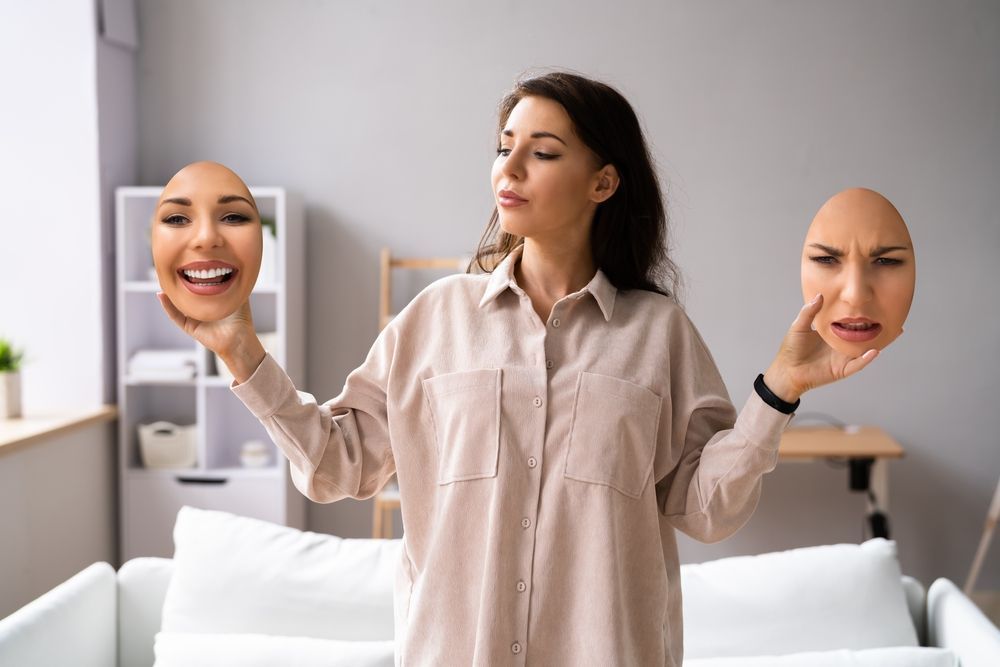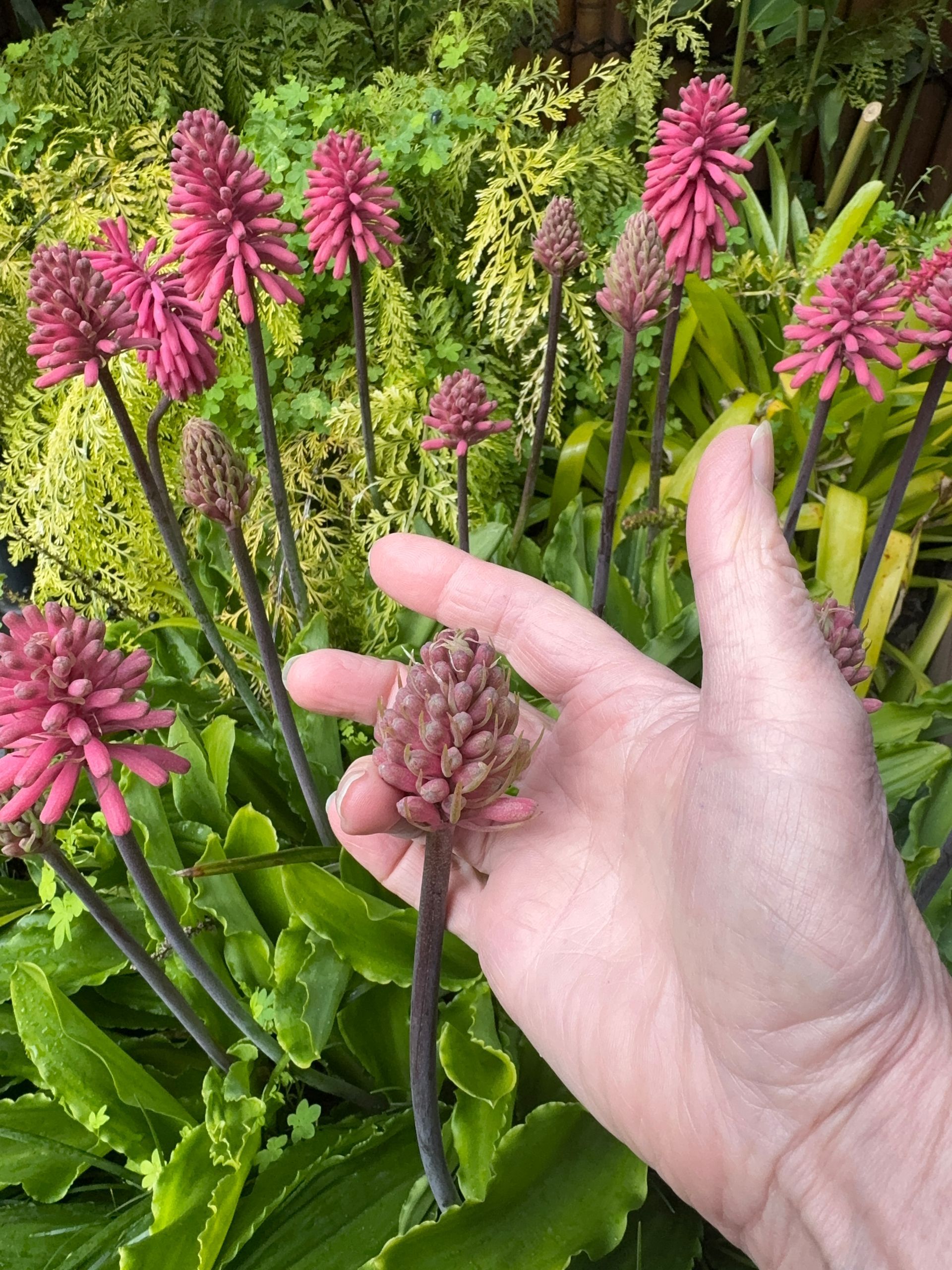One Habit That’s Undermining Your Confidence
We all have habits that hold us back, but there’s one that most of us don’t even realise we’re doing.

The number one thing that people do is criticise!
This one thinking pattern hinders our ability to reflect positively on ourselves and to lead ourselves effectively, which in turn affects our capacity to lead others well.
Many things can hinder our ability to operate in our business and lives the way we desire. Self-criticism often shows up quietly. A harsh thought following a mistake, a silent judgment in the mirror, a nagging feeling that we’re never quite enough.
It may feel like we’re keeping ourselves in check, but in truth, this habit gradually chips away at our confidence, motivation, and joy. The inner critic acts as a saboteur. Everything revolves around our thoughts and what we choose to focus on.
Our thoughts shape the meaning we give to things or situations and the actions we take, which consequently lead to the outcomes we create.
“Criticism is both the easiest and least effective form of help.”
Doe Zantamata
I had criticised myself for over four decades for becoming pregnant in my teenage years. I believed I needed to prove to my parents that I was not a ‘bad’ person. As I matured and learned what being human truly entails, I was able to forgive myself and embrace all that I am. The fact is that my parents never thought I was a bad person. I had told myself that.
Here are a few consequences of criticising yourself, so consider the impact on your life and the lives of those around you.
Criticising ourselves is hurtful
Criticising ourselves does more harm than we realise, and it has a lasting impact. It takes a toll on our self-esteem and sense of self-worth. Instead of being our encourager, we become our harshest critic, creating a hostile internal environment where growth, creativity, and self-compassion struggle to thrive.
This type of self-talk often influences how we interact with our relationships and the world around us. When we're tough on ourselves, we can become defensive, withdrawn, overly apologetic, or overly critical of others. When we judge others, we are judging ourselves.
Self-criticism interrupts joy, dulls achievement, and often leads to procrastination, anxiety, or burnout. And those feel-good feelings that help us feel motivated and energised? They disappear.
Criticising doesn’t work
The things you criticise yourself for now are likely the same ones you’ve been criticising yourself for many times before. Rather than helping, it demotivates you, often resulting in feelings of shame and anger. Additionally, it doesn’t address the underlying issues that led to the self-criticism.
Shame loves shadows, so when we criticise ourselves, we are keeping ourselves in the shade. What we need to do is shine a light on what we are good at, what we can do, and what we are capable of. Build on our capability and character for personal and professional growth.
Criticism leads to unhappiness
Constant self-criticism undermines our self-worth and fosters shame, which in turn thrives in the shadows. It’s like trying to grow a garden by hovering over it with a stick, rather than nurturing it with water and sunlight.
What you focus on is what you get. The more you focus on the aspects you don’t like, the more you’ll notice them and likely end up doing them more, which can amplify the uncomfortable feelings they evoke.
Criticism, whether internal or external, often creates a subtle yet profound emotional wound. When we’re criticised, particularly harshly or without context, it triggers our threat response. We feel exposed, rejected, or judged, which naturally leads to defensiveness, self-doubt, and withdrawal.
Over time, this erodes our sense of safety and belonging, which are two essential ingredients for happiness. When we internalise that criticism, it becomes even more damaging.
Happiness thrives in environments rich in acceptance, encouragement, and constructive feedback.
Criticism strains relationships
Self-criticism can lead to judging others. When we judge ourselves, we often end up judging others as well. The two situations can be deeply interconnected.
When we judge others, we create walls instead of bridges. If we anticipate criticism, it can make us overly cautious or lead us to adopt avoidance strategies, such as procrastination. These types of strategies stifle our learning, growth and goal achievement.
Reducing or eliminating criticism involves shifting from blame to curiosity and from judgment to support. Growth occurs in an atmosphere of safety, support, and visibility, rather than judgment.
Always remember that everyone is doing their best with the resources available to them. To improve our ability to achieve more, we need to enhance our skills, which is the essence of learning and growth.
"There comes a point where we need to stop just pulling people out of the river. We need to go upstream and find out why they're falling in."
Desmond Tutu
Why do we criticise?
Our brains are ‘hard-wired’ to spot danger, which leans toward negativity and links to our survival mechanism to keep ourselves safe and be cautious. This hardwiring is often misdirected, causing us to put too much focus on flaws rather than attributes.
Moreover, during our upbringing, we were exposed to limiting beliefs, opinions, and judgments from others, which shaped our thoughts about and perceptions of ourselves. Most of us began criticising ourselves at a young age.
Over time, it becomes a habit. We think that being hard on ourselves keeps us in line, but it often stops us from reaching our full potential. Recognising this pattern is the first step towards choosing compassion and believing in ourselves instead.
How to stop criticising
The good news is that we didn’t always criticise ourselves. We learnt how to, which means we can also learn how not to!
To break the habit of criticising, focus on your thinking and developing your relationship with yourself. Here are a few tips to get started.
Tip #1 - Accept yourself
Awareness is the first step. Pay attention to when you are judging and notice what you're telling yourself. What triggers it, and what words do you use?
Whenever you catch yourself judging, label it and recognise that it’s your inner critic at play. This will help you distinguish between your voice and your identity. You can then redirect your thoughts towards kindness, acceptance, and appreciation for who you are and where you are in your life.
You are not your thoughts.
Tip #2 - Connect with yourself
Spend time developing your relationship with yourself and enjoying the person you are. Try not to accept every critical thought as truth. Ask yourself,
“Is this thought helpful? Is it based on fact or fear?”
You will find all your relationships improve with less judgment and more loving thoughts. Positive affirmations, meditation, and listening to personal development experts can help you gain a deeper understanding of yourself and cultivate a stronger sense of self-awareness.
Being compassionate and kind to yourself is a strength. We are always learning and growing, or ripe and rotting. Focus your energy and attention on learning. Repeat daily affirmations such as “I’m always learning”, “I am making progress”, or “I am doing my best” as they will help to rewrite your inner chatter over time.
Tip #3 - Assume everyone is doing the best they can
With this perspective, we lessen our self-criticism and criticism of others, cultivating greater compassion. We can never truly walk in someone else's shoes or know what’s happening in their lives. Ask yourself, “Would I say this to a good friend?” If the answer is no, then treat yourself with the kindness, patience, and understanding that you would extend to someone you care about.
That person who is driving poorly could be your grandmother, so bring compassion into your thoughts, and you'll rewire your brain to be more compassionate towards yourself.
Growth comes from reflection. Rather than beating yourself up, ask constructive questions:
What can I learn? What would I do differently next time?
Then move forward.
To sum up
Leading yourself and others starts with how you lead yourself. Choose kindness and acceptance instead of judging, choose compassion over criticism, and foster gratitude rather than dwelling on what you lack in life.
What we focus on is what we attract more of in our lives. When we constantly criticise or judge ourselves, we hinder possibility thinking. This is the mindset that creates new ideas, opportunities, and meaningful change.
We can all achieve whatever we want in life. With the right mindset, a willingness to learn, and consistent effort, you can build the skills and beliefs necessary to create the life you desire.




